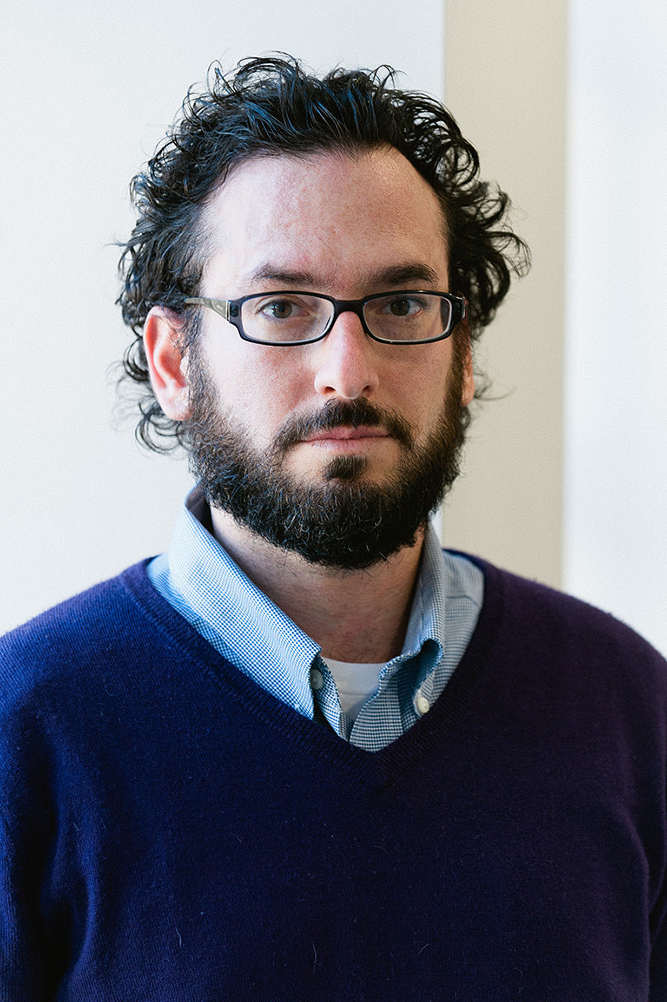Dubler ’97 Awarded Carnegie to Research, Write on Prison Abolition


Joshua Dubler ’97, assistant professor of religion at the University of Rochester, is one of 33 national recipients of a 2016 Carnegie Award. With this fellowship, Dubler is studying prison abolition. His book manuscript, Break Every Yoke: Religion, Justice, and the End of Mass Incarceration, presents abolitionist logic to make the case. Co-authored with Vincent Lloyd, it explores the ways that religion has underwritten and sustained mass incarceration. Currently under peer review, it has an expected publication date of 2018.
While an advocate of both ending mass incarceration and offering educational programs for those imprisoned, Dubler is seeking something further than these revisions to our current system—a true revisiting of the concept of prison.
“Right now, our vision of bringing people to justice is to put them in cages,” he says “That’s a really impoverished notion of justice. It doesn’t serve the person who has been convicted of the crime, does very little for the person who is the victim of the crime, and it perpetuates the destruction of the community. Abolitionists are looking to reconceptualize how it is that we do justice.”
As an abolitionist, he urges prison reformers to examine society broadly. “People vastly underestimate just how massive this edifice is that we’ve built,” he says. Even if we were to release all those imprisoned on nonviolent drug charges, those of African American descent, and those unable to pay bail, this would only cut the prison population to just over half of what it is—”and we would still have an incarceration rate that’s about three or four times that of our peer nations and about three or four times greater than what it was for most of our nation’s history,” says Dubler.
Dubler traces his interest in this field to his childhood. “I was born in 1974, roughly when the incarceration rate was to head off in a steep diagonal. My mother worked at Rikers, and I was raised by social justice–oriented Jewish progressives. From a young age, I was fascinated and horrified by our prison system.”
A religion and College of Letters major at Wesleyan whose senior thesis explored the tools of ritual theory to think about the death penalty, Dubler also worked with Bryan Stevenson Hon. ’16 at the Equal Justice Initiative before pursuing his doctorate at Princeton in religion. From his graduate work, he produced Down in the Chapel: Religious Life in an American Prison, a 2013 narrative ethnography published by Farrar, Straus and Giroux,
At Rochester, Dubler is the founder of the Rochester Prison Education Project. He outlines two missions for the organization. One is “to get the university to do its fair share in educating people incarcerated in western New York,” he says, noting that there are seven or eight prisons within an hour’s drive of the university. “I think education can help individuals; I don’t think it’s a systemic remedy,” he adds.
A systemic remedy, he says, calls for a sea-change in our conceptualization of justice: “The carceral state has us all messed up: We tend to talk as though incarcerated people are the only ones who need to be transformed. But to be a citizen of this country is to have been acculturated into brutalizing systems and logics. By fostering opportunities for my colleagues to teach incarcerated people, and by doing educational programming on my campus in class and outside of class, I am hoping to begin to decarcerate my own community.
“As I see it, systemic remedies are ones that shrink the role of the prison and build new institutions that heal communities broken by poverty and structural racism.”
And with community education leading to activism, he advocates the “think global, act local,” approach, observing, “As an alumnus, I’m exceedingly proud of the great work that those with Wesleyan’s Center for Prison Education are doing.
“Criminal justice is a local phenomenon—there are like 3,000 criminal justice systems in this country—so local grassroots organizing is really the best way to combat injustice. Organizing locally to end solitary confinement in our state, ending cash bail in the county—these could be doable goals. We know that there are up to half a million people in the country who are in jail just because they can’t meet bail. And we know that if you are detained in jail, pretrial, we know that this has horribly deleterious consequences on the outcome of your case. The movement to end cash bail, the struggle to close prisons—these are terrific issues to organize around.
“We’re in a moment of awareness of these issues, and I’m heartened by the general arc we’re on. I think we’re going to win; it’s our duty to win. I reject the pessimism. We have lots of ugly in our DNA, but we’re not incapable of virtue and justice. Being part of that struggle—that seems like a version of the good life.”

